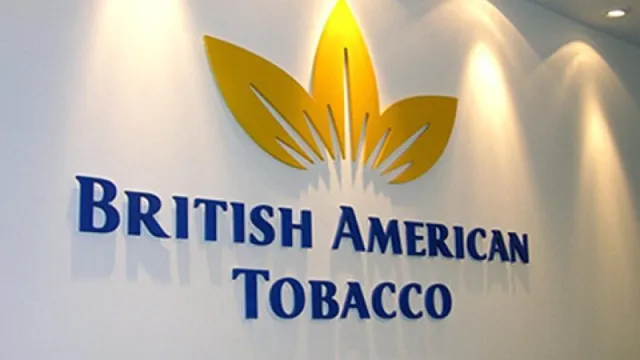BAT to pay record Sh5.7 billion dividends as exports bolster sales

BAT to pay record Sh5.7 billion dividends as exports bolster sales
Cigarette giant British American Tobacco (BAT) is set to pay Kes5.7 billion in dividends, an eight percent jump from the previous year, following a strong performance that saw net profit surge 6.3 percent to Kes6.9 billion in the trading period that ended December 2022.
BAT will be paying a record Kes52 per share in the final dividend by June 15, effectively taking the total payout to Kes57 per share for a company that waded through "steep and frequent tax increases" to deliver strong results.
The company said the tax distress, high inflation, and prolonged drought that has left 4.5 million Kenyans staring at hunger eroded hit their income strapped consumers' purchasing power in the period.
In the 12 months to December 2022, BAT sustained a tax increase totaling 21.3 percent. Kenya’s excise tax for cigarettes increased by 10 percent in July last year.
In November, smokers were forced to shoulder a further 6.3 percent excise tax as part of the taxman’s annual inflationary adjustment. In November 2021, the tobacco industry was slapped with a 5 percent increase in duty.
"This triggered downtrading to lower priced brands and increased the prevalence of illicit trade in tax-evaded cigarettes, which accounts for roughly 26 percent of the market," the firm noted.
Kenya's stringent tax regimes, lax border controls and light penalties for illicit traders have over the years created a thriving operating environment for the sale of contraband tobacco products.
In the year under focus, a higher tax environment saw the cigarette maker's market in Kenya contract denying the government about Kes6.5 billion in the 12-month period, BAT noted.
Read also: Beer drinkers are giving up their brews as inflation bites
The company said revenues edged up by eight percent to Kes27.4 billion from Kes25.4 billion in the previous period riding on a rise in exports as well as "a pricing benefit on domestic and export sales."
Last year, BAT reentered the tobacco-free nicotine market segment, unveiling a Kes2.5 billion investments for the production of pouches in Nairobi.
The plant is expected to boost the company's export markets such as Somalia, Sudan, and Egypt which have less rigid legislative structures to compensate for the current Kenyan tobacco consumption climate.
BAT is also eyeing Djibouti, Madagascar, and South Sudan with cigarette and tobacco-free oral nicotine pouches, Lyft. Further, they are looking into the 21-member Common Market for East and Southern Africa (COMESA) bloc for further market growth.
BAT's free nicotine offering Lyft was introduced into the market in late 2019 but sales were halted in October 2020 due to uncertain regulations and government concern about the product.
Overall, BAT continues to face a harsh operational environment in Kenya due to tough guidelines on marketing and distribution rolled out by the government and further pushed for by various lobby groups.



